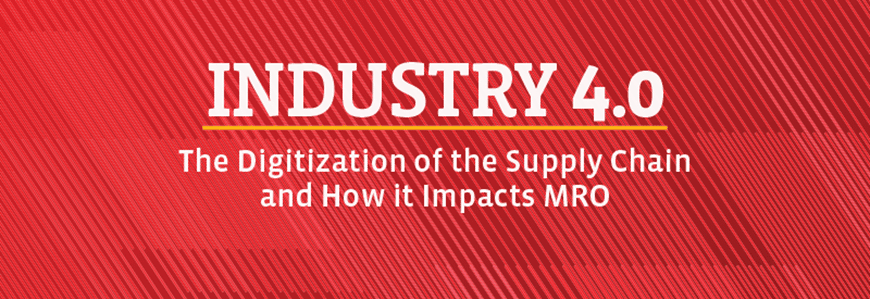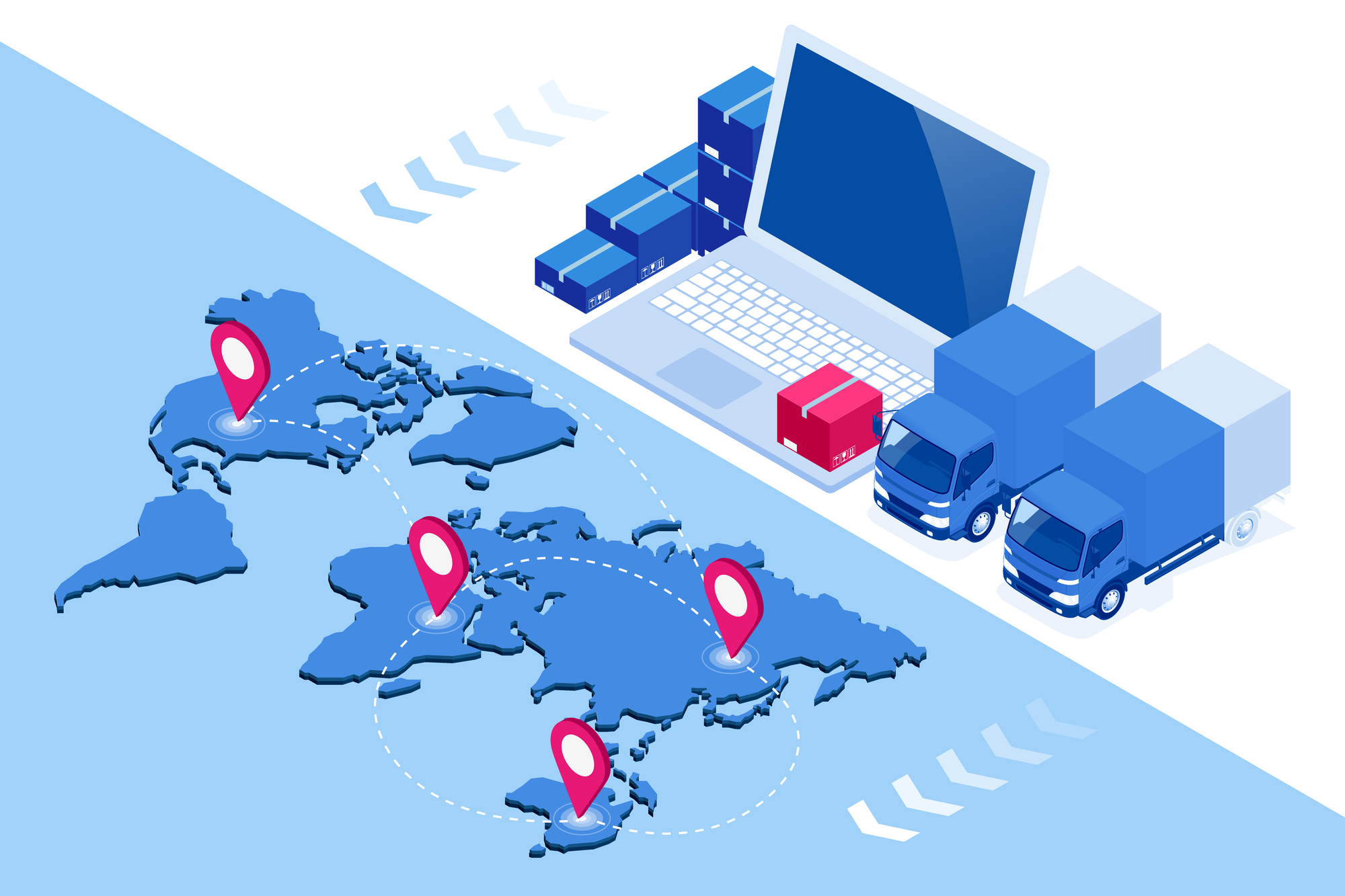Artificial intelligence, machine learning, business intelligence, cognitive and predictive bots, and the collective Industrial Internet of Things are all buzz words in today’s business language. For some companies, these technologies make up the core of their business and they have invested a lot of money to get an edge in the marketplace. For most companies, however — especially outside of the biggest organizations — emerging technologies loom beyond practical application and these advancements remain to be buzz words.
Regardless, effectively addressing and utilizing these modern techniques to fuel business will eventually become inevitable at a certain point in the near future.
All of these buzz words can be simplified into four techniques to be taken into consideration when discussing the advancement of any business into the future of MRO data management:
- Business Intelligence (BI)
- Data Preparation
- Machine Learning (ML)
- Robotic Process Automation (RPA)
This shift requires talent and money. And while the vast majority of mid-market companies don’t have the resources to make the necessary investments to implement these technologies at full scale, they understand that something needs to be done. How can an organization explore these technologies and enter the big data space without breaking the bank?
The Industrial Internet of Things (IIoT)
The Industrial Internet of Things is undergoing a natural journey of development which, while each technology is at different stages, is consistently leading to common themes of the democratization of technology. This enables your current analysts and operators to increase the performance of traditionally very complex tasks.
There will still be the need to find the experts to fully utilize the technologies, but many applications now make testing their applicability very accessible, sometimes also for free and without any IT integration. Learn more about the impact dedication to IIoT can have on your supply chain.
Business Intelligence (BI)
Virtually every major tech company utilizes a version of business intelligence. Possibly the most mature of the technologies, business intelligence tends to offer the most comprehensive products with routine upgrades. Starting your BI journey is free with a basic license and any good analyst can learn to make wonders in a very short amount of time.
Business Intelligence software’s have the capacity to do more:
- Detects data relationships
- Suggests charts based on data relevance
- Creates KPI charts and maps with just a drag and drop
- Requires no coding or equations
From there, an analyst can optimize the information according to the intended goal. Extending the user base for team interaction is very affordable, allowing for the testing of small scale ROI before investing in cloud and server power to connect the broader enterprise.
Data Preparation
Garbage in, garbage out — well, not anymore. Thanks to data preparation technologies, any type of data has a signal that can be extracted and filtered from the noise. Excel is clearly not the answer because of the need for actionable data to perform any of the more advanced tasks.
With data preparation technologies, the software can:
- Find patterns within the values
- Extract information selectively
- Semantically de-dupe
- Storing of repetitive tasks into routines
With these technologies, more can be built by individuals who already have mid to advanced Excel skills. If your company doesn’t deal with big data, a free individual license option can still take your business very far. In the event that your data grows, you can hit a wall relatively fast, especially if team or systems interaction is needed. At this point, an investment in the few tens of thousands to get started with a structured production platform would be required.
Data standards are being developed and deployed in every field. For example, the ISO 8000 certification, offered by the Electronic Commerce Code Management Association (ECCMA), utilizes known Master Data Management concepts to standardize and structure an international standard format for portable data.
This guarantees that quality data can be efficiently and safely moved from one application to another. It’s only a matter of time until adoption will expand fueled by the needs to comply with the requested output and to enable the further digitization of the supply chain. Every business field will undergo a big or small data revolution at some point due to the increasing demand.
Machine Learning (ML)
Traditionally a field requiring PhD level education, machine learning is the technology with likely the most democratization potential. The profile for a ML expert includes significant raw math and stats power, deep coding skills in not so common languages, as well as the business knowledge required to apply to real problems — a purple squirrel.
A few platforms are emerging today providing analysts with the following features:
- Setting desired metrics to monitor and predict
- Letting the software scout for the algorithm fitting your goals
- Testing dozens of models simultaneously
- Providing a plug and play best fitting model in minutes
These methods allow for immediately deployable and testable processes. Business conditions change? No problem, feed more data, retrain the model, and update during lunch break. The access to these types of software is still challenging with a steep price tag, but relative to the value they can bring, acceptable ROI is generally easy to achieve. Expect competition and further development to make machine learning even more accessible soon.
Robotic Process Automation (RPA)
Most robotic process automation starts by targeting very small tasks with bots performing very simple, decision-based rules, and then growing into more complex decision trees. While it’s common to use bots to target process flows, everyone in every organization has to perform tasks routinely that add little to no value and yet still need to be performed.
Robotic process automation can save time with menial tasks such as:
- Copying files
- Reporting website headlines
- Making routine phone calls
- Sending alerts
Building bots to handle these simple tasks and integrating them into everyday business functions is now as simple as building with Lego blocks. Every block performs a basic function whether it’s opening a file or manipulating Excel documents. The operator’s only task is to assemble them in the right order so that everyone can build their own personal bots in minutes and at a very affordable price, with options to charge per bot or per use.
Have you just started your journey in the Big Data space? Are you seeing more fields undergoing this democratization pattern? Register to be a part of the April 11, 2019 Innovation Symposium, Industry 4.0: The Digitization of the Supply Chain and How it Impacts MRO.
Join this forum for MRO forward-thinkers, thought-leaders and visionaries as they discuss Industry 4.0, the digitization of the supply chain, and how data standardization, portability and connectivity will enable the future of the MRO ecosystem. Preliminary schedule includes speakers from Accenture, ECCMA, SAP, and SDI. For more details visit www2.sdi.com/innovation.





